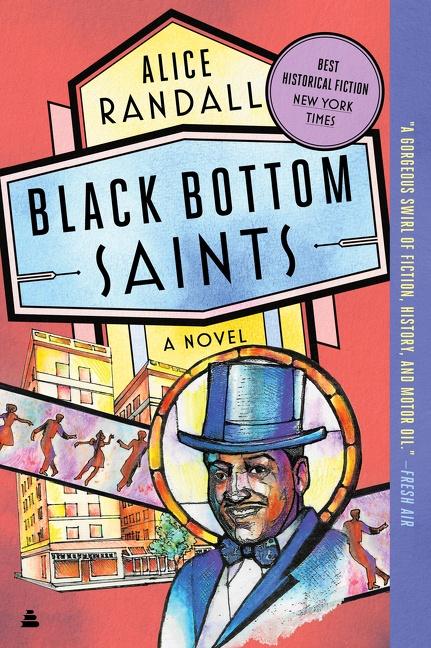Give Us This Day
In Cornbread Nation 5, the Southern Foodways Alliance serves up some tasty kernels—and a little bit of pone
Since 1999, the Southern Foodways Alliance has been spreading the gospel of Southern American cuisine. Under the umbrella of the Center for the Study of Southern Culture at the University of Mississippi, the SFA stages symposia, produces documentary films, and, every couple years or so, publishes a collection of essays and poems. The latest of these is Cornbread Nation 5: The Best of Southern Food Writing.
Edited by aptly named author and academic Fred W. Sauceman—host of the popular Food with Fred program on Johnson City’s WJHL-TV—Cornbread Nation 5 raises up such down-home fare as paddlefish roe, fried coke, chicken mull, and livermush. Offering more than a celebration of good grub, Cornbread Nation 5’s contributors (including Tennessee writers Jennifer Justus, Martha Stamps, Chapter 16 editorial board member John Egerton, and former Tennessean Roy Blount Jr.) seek to clarify the relationship between the South and its people, and to evoke a sense of place—and if that leaves readers hankering for a piece of coconut cream pie or a plate of hot chicken, so much the better.
In “Eating My Heart Out: The Good and Bad of the Meal of a Lifetime,” for example, poet Beth Ann Fennelly turns a dream meal at a fine Oxford, Mississippi, restaurant into a commentary on the moral conundrum of dining sustainably. On the very evening Fennelly and her companions gorge on redfish, veal, and crab cakes, thousands of New Orleanians, many of them poor, are flooded out of their homes by Hurricane Katrina. “What does it mean to make an equation between goodness and eating with value,” she asks, “and then accept that poor folks must have a different relation to value?”
 Similarly, Roy Blount Jr.’s “The Food and Music Pantheon” notes the connection between food and the glory years of jazz. What begins as a run-down of the most prolific recorders of food-related songs (Louis Armstrong is number one) becomes a commentary on the interracial popularity of the likes of Fats Waller, Ella Fitzgerald ,and the Louises (Prima, Jordan, and Armstrong)—not to mention the universal appeal of their favored subject matter.
Similarly, Roy Blount Jr.’s “The Food and Music Pantheon” notes the connection between food and the glory years of jazz. What begins as a run-down of the most prolific recorders of food-related songs (Louis Armstrong is number one) becomes a commentary on the interracial popularity of the likes of Fats Waller, Ella Fitzgerald ,and the Louises (Prima, Jordan, and Armstrong)—not to mention the universal appeal of their favored subject matter.
Other entries avoid overtly social themes, preferring instead to celebrate an esoteric foodstuff or call up the experience of an especially memorable meal. Of these, David Ramsey’s “Some Like it Extra Hot,” an ode to Nashville’s Prince’s Hot Chicken Shack, is particularly evocative and humorous. “I’m a cartoon character with steam coming out of my ears,” says Ramsey. “I can’t wait to take another agonizing chomp. I can no longer feel my lips. It no longer matters.”
In “Miss Congealiality,” Newsweek food and drink columnist Julia Reed explains the Southern penchant for all things molded and jellied. After a failed days-long experiment with daube glacé, a highly seasoned jellied beef stew, Reed finds salvation in lowbrow Knox gelatin. “Now that I have perfected my daube glacé I intend to serve it at my own next house party,” she writes, “where I’ll have no qualms about thickening the blood of my guests.”
Not all of Cornbread Nation 5’s entries are so entertaining and informative—some are dry histories and moist recollections that seem ill-suited to a publication with an academic pedigree. That said, the volume does much to illuminate the intricate relationship between sustenance and culture in the American South and beyond. Not without reason is culinary studies a fast-growing field, and Cornbread Nation 5 makes it clear that the binding and marginalizing power of food should not be underestimated.


